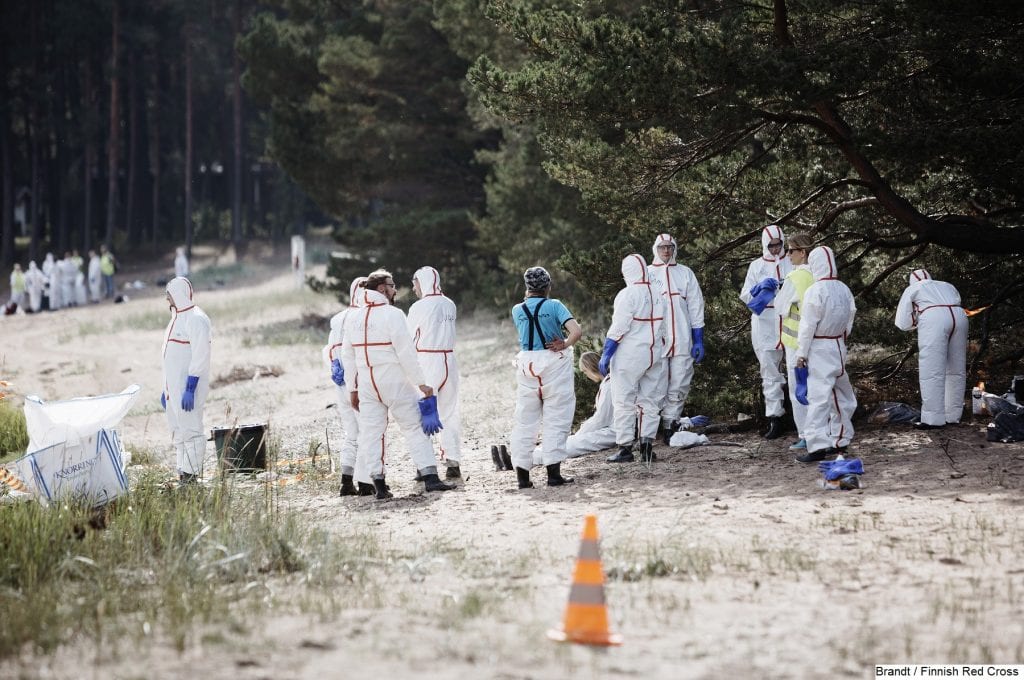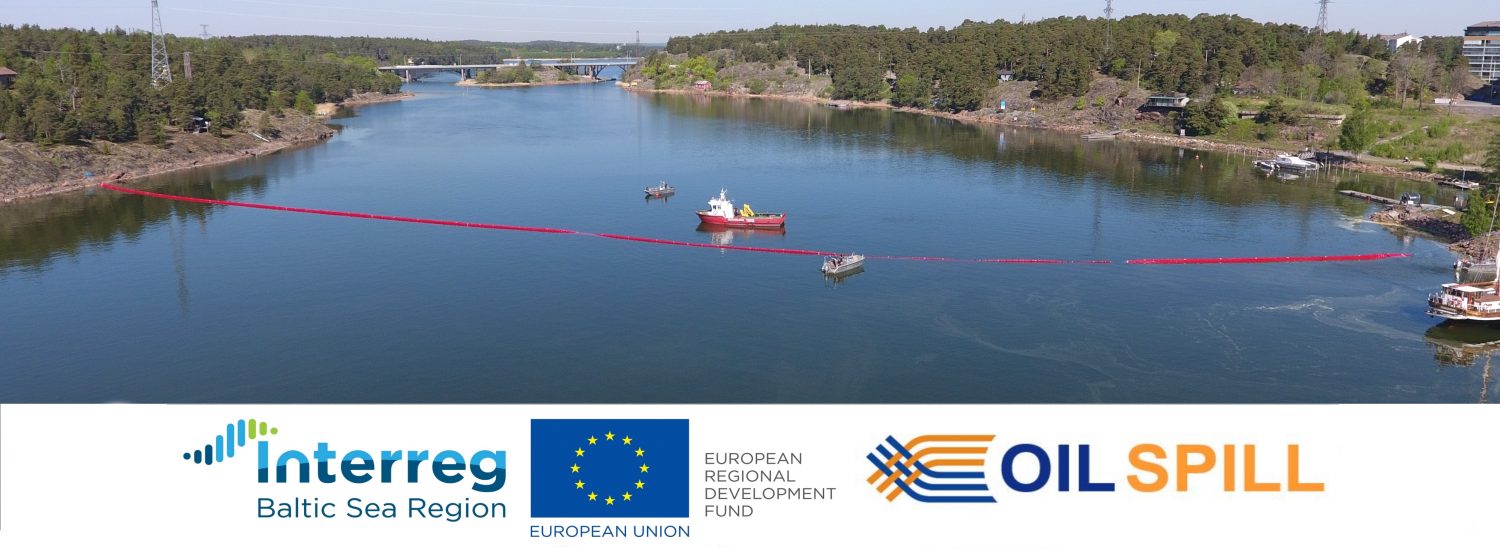Monthly Meetings of the OIL SPILL Voluntary Sector

Coastal oil spill response is an arduous long-term operation. Voluntary oil spill response capability is critical in achieving optimal results and minimizing environmental harm. In OIL SPILL, we aim to optimize volunteer contributions along the coasts of the Baltic Sea. When this potential is utilized, rescue service resources are not tied as heavily, and accidents can be dealt with faster and more effectively.
This autumn, Heta Hyvärinen from the Finnish Red Cross invited some of the volunteer sector’s representatives for an online meeting. As a result, a fixed date for monthly discussions was set up for the peer group.
Eglė Mikučionytė from the Lithuanian Red Cross finds the meetings valuable and very beneficial.
“The meetings help clarify everyone’s role and activities in the project and get inspired by others as well. Here in Lithuania, we are now having our first steps in Disaster Preparedness, including oil spills and other crises. We can learn from those who already have experience setting up and coordinating the voluntary oil spill forces. Perhaps our new experiences also help others look back and check out their own processes − maybe even renew something. In any case, international cooperation is important for broadening one’s horizon. I have also learned that even if it sometimes feels that you have only little to share, it is important to talk.”
The exchange of thoughts may yield surprisingly. Kia Petersen from the Danish Civil Protection League (DCPL) agrees. “I already got some good notes and new ideas for what DCPL can work with the months to come in OIL SPILL. It is great to talk, ask questions, and share knowledge with some project members in a smaller group.”
In Denmark, the authorities currently rely on their own volunteers in oil spill response without having cooperation with NGOs. Within the OIL SPILL project, DCPL is analyzing the need for educated volunteers in oil spill response. If this need occurs, relevant NGOs are identified, and cooperation with Competent Authorities is initiated.
Also in Latvia, the voluntary sector is being activated for oil spill response. Aleksandrs Pavlovics from the Latvian Maritime Academy is happy to announce that the kernel of a dedicated pool of volunteers and an e-learning platform have been established. The next steps are to strengthen the operational collaboration between WWF Latvia, Coast Guard, Fire Service, and seaports.

Leave a Reply